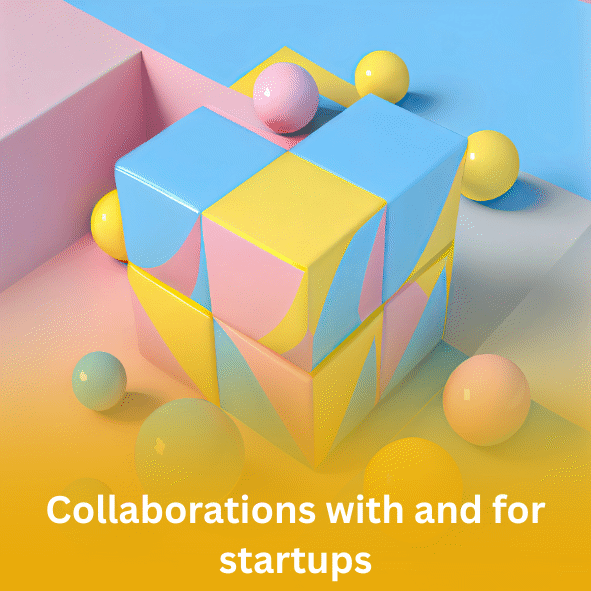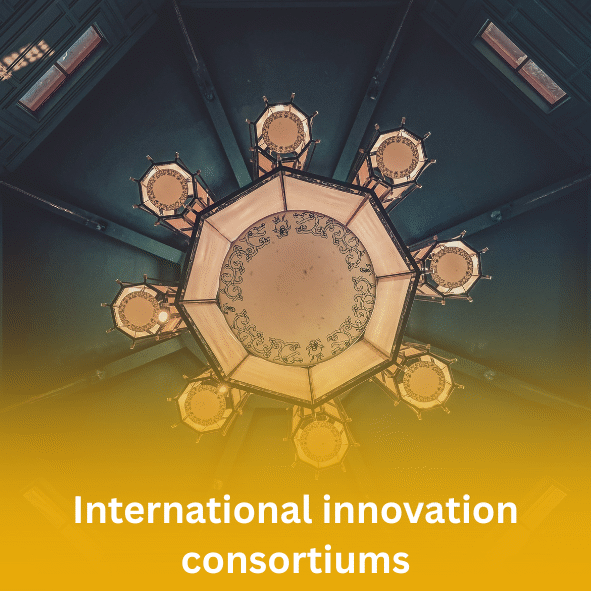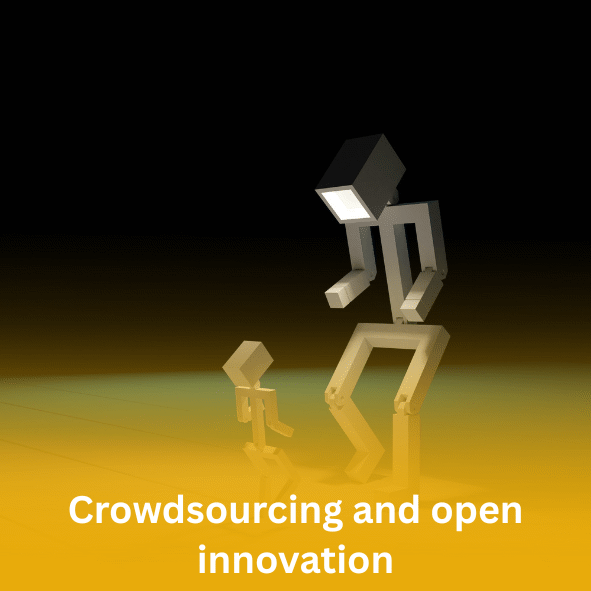
BMW and Toyota. Starbucks and PepsiCo. UiPath and Universities in Romania. Electrogrup and the Technical University of Cluj-Napoca. Partnerships are essential in business for innovation for several reasons:
- Access to complementary resources and expertise
No company possesses all the necessary resources or knowledge to innovate on its own. Partnerships bring together diverse expertise (technological, market, process) that accelerates the development of new solutions. - Risk and cost reduction
Innovation requires significant investments and carries high risks. Through partnerships, these risks and costs can be shared, making innovation projects more sustainable and financially attractive. - Faster access to markets and new customers
A well-placed partner can facilitate entry into new markets or access to hard-to-reach customer bases, thus accelerating the adoption of innovations.
- Increasing the speed of innovation
Collaboration means rapid exchange of ideas, simultaneous testing of solutions, and shortening the development cycle from idea to a viable product or service. - Stimulating creativity
Working with partners from different industries or organizational cultures challenges conventional thinking and generates new perspectives, fostering the emergence of disruptive ideas. - Creating an innovation ecosystem
Through strategic partnerships (with startups, universities, research centers, or other companies), businesses build ecosystems that amplify their ability to innovate in the long term.

Companies collaborate with academia for access to know-how, testing labs, and experts. Examples: prototype development, patents, deep tech solutions.

Two or more companies combine their resources to jointly create innovative products or services. Example: automotive industry + technology for autonomous vehicles.

Public-private collaborations for the development of innovative technologies or infrastructures. Examples: smart cities, government digitalization platforms.

Large companies partner with innovative startups to grow agilely and bring fresh ideas into their processes. Examples: sponsored hackathons, corporate incubators.

Partners (companies, universities, NGOs) from different countries collaborate on EU-funded or other organizational projects. Example: Horizon Europe projects.

Companies launch public challenges and engage external communities, startups, or even individuals for new ideas. Examples: open innovation competitions, awards for disruptive solutions.